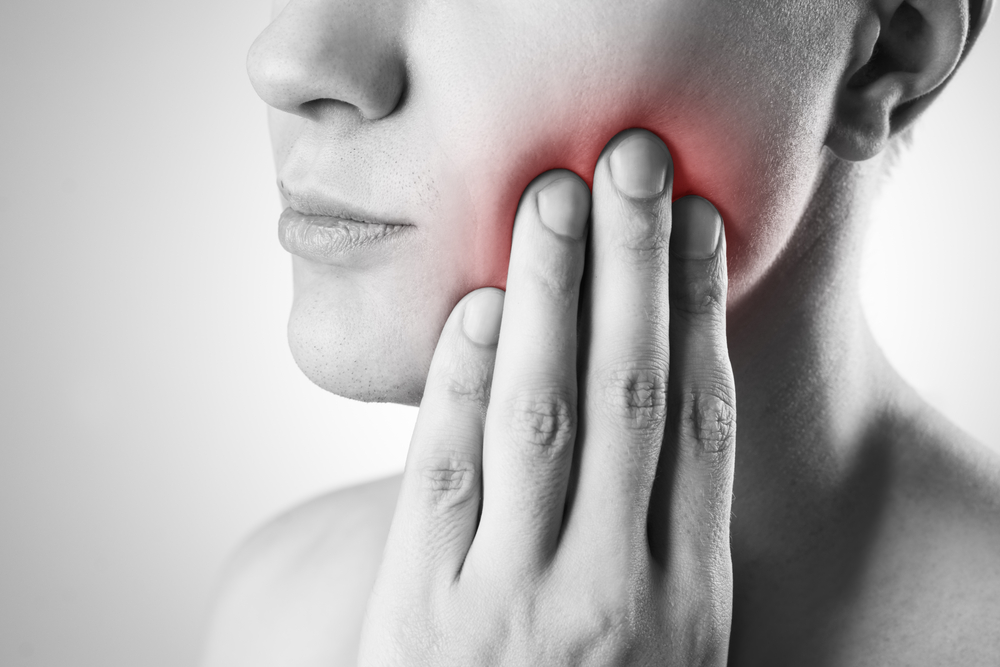
Periodontal disease is extremely common
In fact, the majority of adults over the age of 30 suffer from some form of gum disease. With such prevalence, it is important to know what periodontal disease is and how you can prevent it.
So what is a periodontal disease?
If your arm or leg was to start bleeding or become swollen, you’d take it very seriously. However, when your gums exhibit the same symptoms, many people are unfazed.
Swollen and bleeding gums are the first sign of gum disease and that bacterium has infected your gums. This bacteria can cause an infection to spread and breakdown the tissue and structure of your jaw. If the gum disease progresses and is left untreated, your teeth can become loose and may need to be extracted.
“Perio” means around and “dontal” means teeth; periodontal disease is then the infection of the tissue surrounding the teeth. This includes the gums, periodontal ligament and alveolar bone.
What causes periodontal disease?
Periodontal disease is caused by the bacteria that form in the plaque that builds up on your teeth after brushing your teeth. However, it is the body’s attempt to protect itself that causes the problem. The cells of your immune system release substances that cause the inflammation and destruction of the surrounding tissue in the gums.
If plaque builds up it spreads below the gum line, the toothbrush can’t reach under the gum line and the bacteria is protected. If the bacteria aren’t removed the bacteria will continue to multiply and will increase the severity of the infection. As the gums become more swollen they slowly detach from the tooth and a space forms between the two. Once that pocket is formed it is a downward spiral as more plaque can build up in the space formed. Over time, plaque can harden and turn into calculus. Calculus is rougher than enamel and even more, plaque attaches to it, continuing the spiral.
What increases the risk of periodontal disease?
- Genetics can contribute to the risk of gum disease, however it doesn’t make susceptibility to gum disease inevitable.
- Smokers develop more tartar build-up on their teeth, deepening the gap between the gum and the tooth and increasing the risk of losing more bone.
- Anything that makes it harder to brush and floss your teeth can increase the risk of gum disease. Braces can make it easier for food particles to get stuck in between the teeth and wires. Bacteria feed on sugar found in food particles and turn them into acidic plaque that decay your teeth. Having crowded or crooked teeth can make it harder to clean your teeth thoroughly.
- If there is already inflammation and early gingivitis present then grinding and clenching the teeth can speed up the breakdown of the periodontal ligament and bone.
- Poor nutrition and stress can weaken the immune system and make it more difficult for the body to fight off infection.
How can you prevent periodontal disease?
Periodontal disease can be easily avoided by implementing these healthy habits into your daily life:
- Brush your teeth correctly and regularly. Brushing twice a day can help to remove the bacteria and plaque build-up around the gums and teeth. Do not forget to brush your tongue as bacteria love to thrive on the tongue.
- Toothbrushes can’t reach the plaque that gets stuck between the teeth and around the gum line, this is why flossing your teeth is so crucial, flossing reaches areas that your toothbrush isn’t able to.
- Swish with mouthwash to remove any bacteria and remaining food particles from the palette as well as the tongue.
- Be aware of whether or not you are at increased risk of getting the periodontal disease from reading the above risks.
How can periodontal disease be treated?
When you visit Pacific Periodontics & Implants our qualified professionals will first complete a full scale and clean. At Pacific Periodontics we take a conservative approach toward mild cases and prefer to steer clear of surgical options. It is best to try and restore the natural gum tissue and attempt to limit the area that may require surgical therapy. To visit our practice and book a consultation with one of our professionals give us a call on 07 5559 5911.
Don’t forget to share this via Facebook, Twitter, Google+, Pinterest, LinkedIn, Buffer, Digg, Tumblr, Reddit, StumbleUpon and Delicious.

